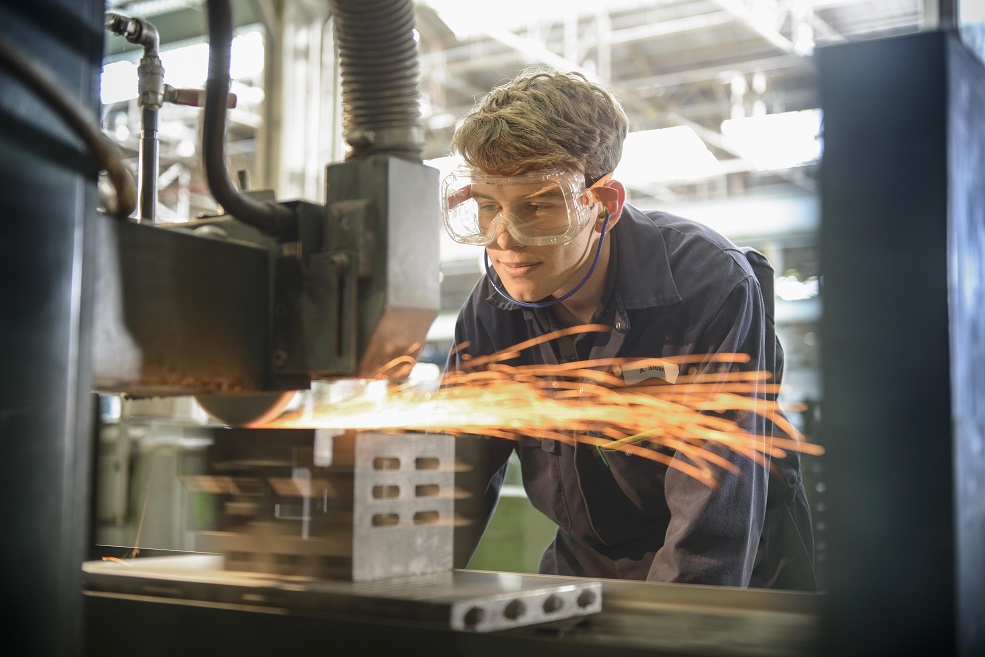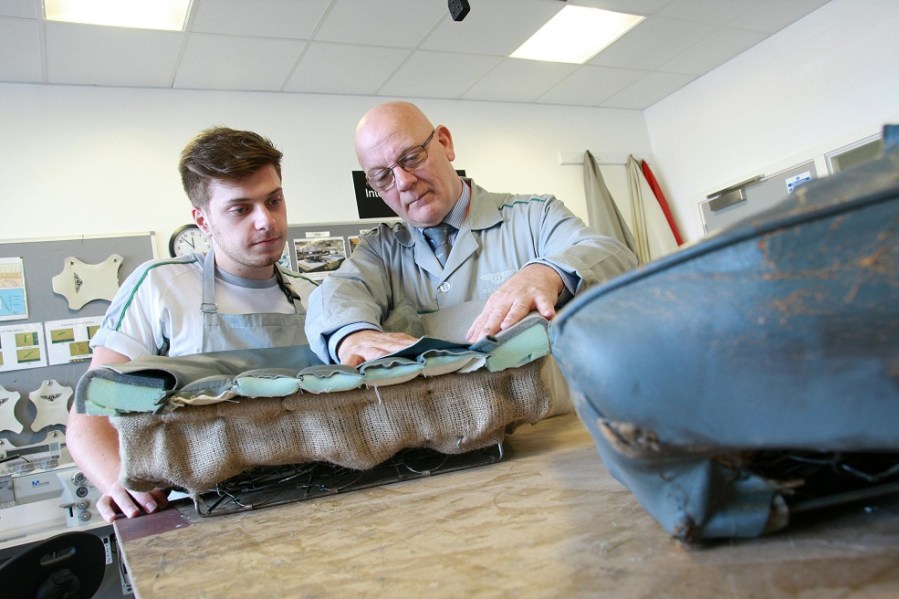Anyone with half an ear to the news over recent weeks will be aware that the future is far from rosy for the UK’s car manufacturing industry. Recently, the news had broken that Nissan had chosen not to use its Sunderland facility to produce the next generation of X-Trail, while recent figures released by the SMMT warn of a ‘red alert’ as investment and production fall.
It’s easy to blame this on the uncertainty around Brexit, although in the case of Nissan’s decision the EU-Japan free trade agreement which came into force on February 1 eroded the advantages of producing the model in the UK, while declining sales of diesel cars across Europe has also played its part. Whatever the causes though, the SMMT figures show that British car production fell to its lowest level for five years in 2018 at 1,519,440 cars. Inward investment in the sector also plummeted by 46.5 per cent to just £588.6m, not helped by declining demand in Asian markets which saw UK car exports to China slump by 24.5 per cent.
The longer-term future is also made more uncertain by trends towards car ‘usership’ rather than ownership, with a recent survey by HPI suggesting that one in ten drivers aged between 45 and 54 believe that they no longer need a car.
It’s not all doom and gloom though: industry bodies in the classic car sector report increasing employment and rising demand. This is illustrated by figures from the FBHVC showing the increase in the economic value of the sector and the number employed within it. “Bicester Heritage had over 7000 people attend the January Scramble this year, beating the summer scramble numbers which just goes to show how the interest has continued to increase,” comments Karl Carter, FBHVC Skills Director.
This sentiment is reflected by John Pitchforth at the Heritage Skills Academy, who points out that although it may be a niche industry, prospects and opportunities within the classic car and historic motorsport industries remain strong.
“In my opinion, the sector has for years been growing under the radar,” he points out but until now this has been on a cottage industry basis and has relied on well-trained craftspeople who learned their trade in the ’50s, ’60s and ’70s.
This meant that inevitably there would come a time when the industry needed to replace retiring staff with a fresh influx of talent and this was recognised back in 2014 by the FBHVC with a classic vehicle apprenticeship.

The scheme got off to a slow start, but certainly showed the way forward and highlighted the need to provide new talent for the industry, interest from similar employers then resulting in a 2015 scheme backed by Rolls/Bentley specialist P&A Wood and delivered by Heritage Skills Academy to provide Classic Vehicle Mechanical, Coachbuilding and Trim apprenticeships. In 2016, the FBHVC joined with JLR Classic, HSA and 40 other heritage employers to develop a new apprenticeship standard for classic vehicle, aviation, marine and steam specialists which went live in August 2018.
Since then, the Heritage Skills Academy and the Federation have developed a bespoke Classic Vehicle Training Academy at the Bicester Heritage site, which currently has 40 apprentices from the UK’s top restoration and classic motorsport specialists, this number scheduled to rise to 100 by 2020 and 150 by 2021. The academy currently delivers heritage Mechanical and Motorsport Apprenticeships, which will expand to cover trim and coachbuilding this year.
As John points out, this has all helped to raise the profile of heritage engineering as a career choice, with employers now confident that new staff are being trained properly and parents reassured that it represents a sensible direction – and even in some cases a viable alternative to university.
Interestingly, John points out that it’s not just 16-year old school leavers which are attracted to the heritage apprenticeship, but applicants qualified to A-level and degree level, as well as former armed forces personnel retraining for civilian roles. “Our current apprentices range from 16 to 50 and between 10 and 15 per cent are women,” he adds.
No, it may not replace the huge sums involved in the production of a car like the Nissan X-Trail but for now industry watchers can take some comfort from the buoyant classic car and motorsport industry which looks set to prop up the British automotive sector for a long time to come.




